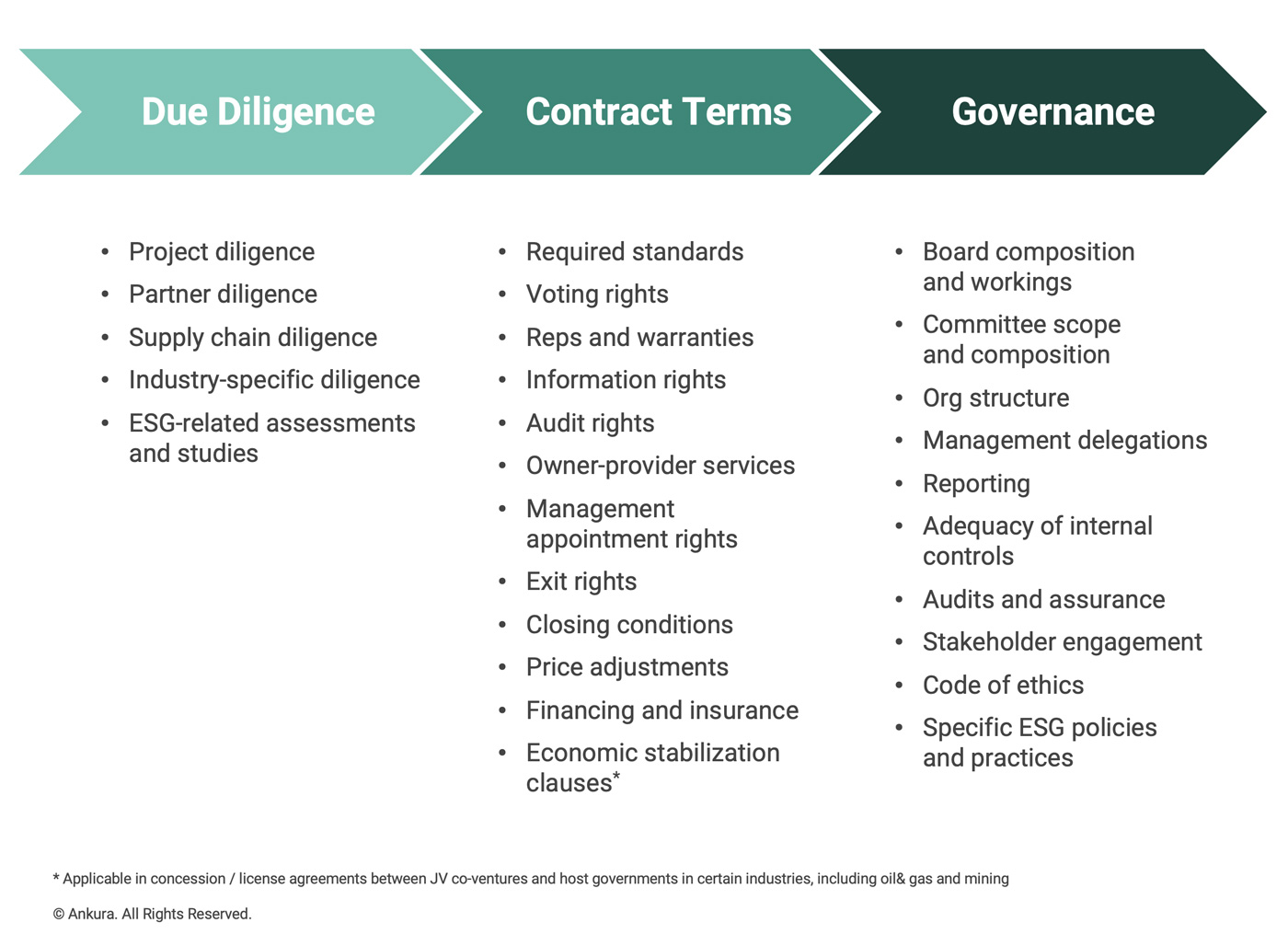No Conflict, No Interest: Pricing Affiliated-Party Transactions in Joint Ventures
The many commercial relationships between a JV and its parents can cause JV partners to butt heads. Here’s our advice on how you can design these relationships to keep the peace.




Comments